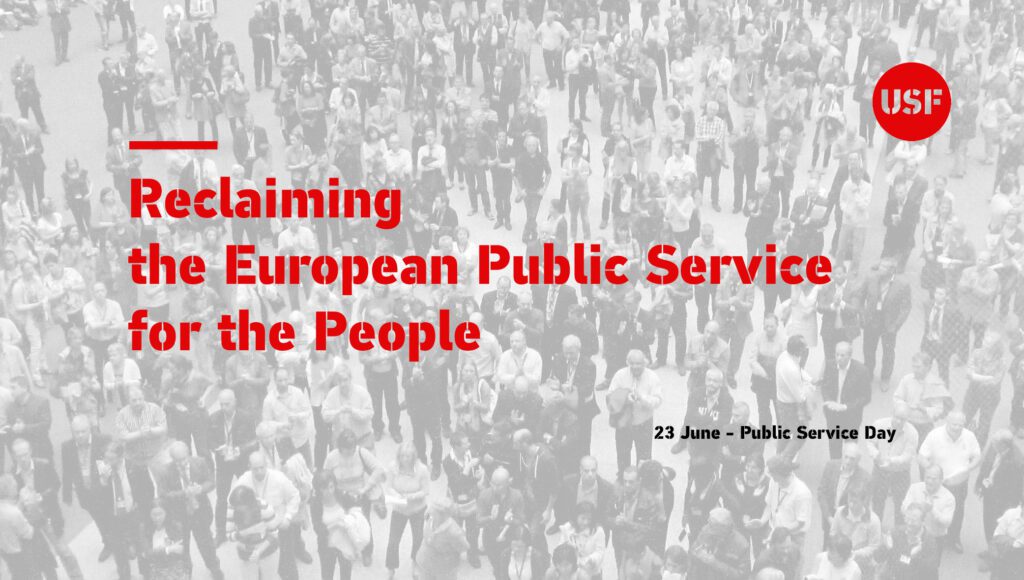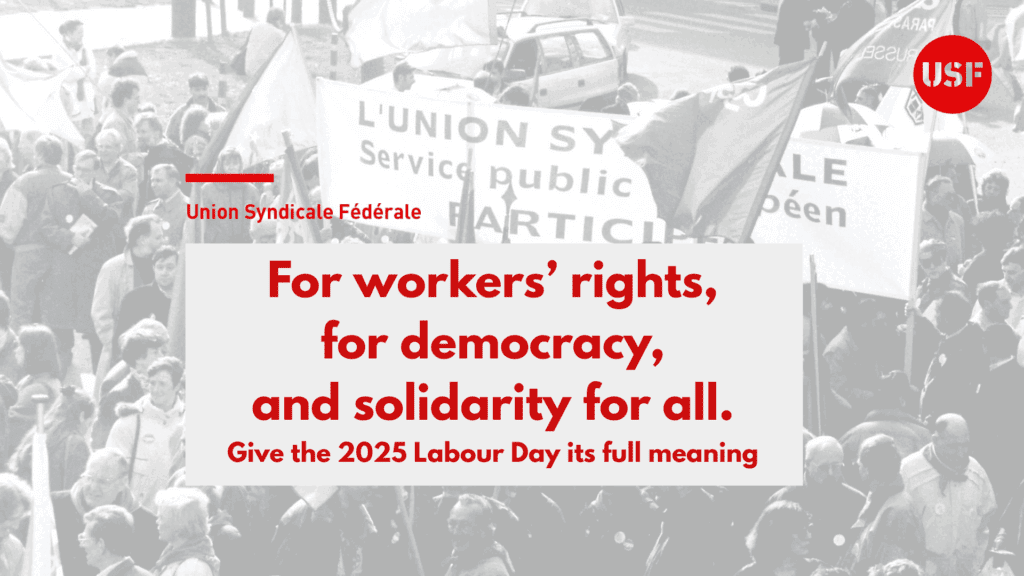SOCIAL MEDIA GUIDELINES AND FREEDOM OF EXPRESSION
BE CAREFUL WHAT YOU SAY !
On 7 November 2023, DG HR and DG COMM met with staff representatives to discuss new social media guidelines applicable to staff. This further to concerns raised by the Central Staff Committee about the purpose and application of these guidelines, and their consequences for staff. To be clear: staff representatives were not consulted on these guidelines beforehand.
According to DG HR, the guidelines should not limit the freedom of expression enshrined in the Charter of fundamental rights. However, clarifications regarding different roles of staff representatives and staff members in general were made as well as on the concept of freedom at stake.
According to DG COMM, all staff are deemed Commission Ambassadors. When communicating on social media, they should rely on information from recognised official public platforms. This way, the Commission wants to ensure that staff members provide factual and correct information when using social networks. Moreover, activities such as running a blog or YouTube channel are considered as outside activities: staff is supposed to check the ethical aspects beforehand.
You will find below the administration answer to the question: “How should staff communicate on social media?”. First, one should differentiate between communication inside or outside the Commission and on communication on EU or non-EU matters. There are four possible scenarios:
Scenario 1. You are a staff member, and you communicate inside the Commission:
Staff members can criticize Commission internal policies (i.e. on teleworking) but there is no absolute freedom on this. Still, if the Commission asks for their opinion (i.e. “Have your say”), criticism is tolerated. Nonetheless, a second limitation lies in the concepts of dignity, loyalty and politeness.
If you are in this situation, you can say whatever you want if you are asked to and you can criticise the Commission as long as it remains respectful.
Scenario 2. You are a staff representative and you communicate inside the Commission.
Elected members of the staff committee are fully protected by Staff Regulations. Representatives of trade unions and staff associations are considered by analogy as elected members of Staff Committee.
If you are in this situation, you can say whatever you want, you can criticise the Commission as long as it remains respectful.
Scenario 3. You are a staff member, and you communicate outside the Commission on EU matters.
This is a case where one should find a balance between freedom of expression and the principle of loyalty. In this regard, the Court ruled that staff have freedom of expression, but also the obligation to notify the Commission beforehand, so that it can analyse and assess the risk[1]. Moreover, diverging views on Commission activities should not be harmful to the institution (obligation of loyalty).
DG HR insisted that retweeting may be the safest mode to communicate. For other options, care should be taken. With regard to communicating on EU matters, there is no difference in protection between staff representatives and other members of staff.
If you are in this situation, you can express diverging views on social media if not harmful for the institution, but you need to notify the institution in advance.
Scenario 4. You are a staff member and you communicate outside the Commission on non-EU matters.
In this case no need for authorisation (i.e. posting on kitchen appliances).
If you are in this situation, you are free to speak about non-institutional matters as long as this does not impact on your working time. At all times, you should remain respectful and not insult others.
Upon analysis, Union Syndicale finds the guidelines rather unclear and believes that the limit between the private and the professional sphere should be better defined for staff using social media. For example, with regard to the loyalty obligation towards the institution[2], the guidelines lack concrete examples of what would infringe this obligation. Also, objective criteria with regard to this obligation should be provided. Who and how will do the check? These are basic requirements to prevent arbitrary limitations to the freedom of expression of staff and its representatives. Disciplinary consequences of inadequate staff communication are not well defined in the guidelines. Meanwhile, clear criteria on due “respect for the dignity of the function” might have prevented some IDOC investigations and disciplinary actions with regard to staff members who thought they were just expressing their opinions in the sphere of their private and associative lives. So, watch out!
Union Syndicale welcomes the further reflections on what kind of staff Ambassadors we need: the zero risk “retweet-repeat” type or a more literate variety.
Any view or suggestion on this sensitive issue? Send it to Union Syndicale
—
1 Connelly and Cwick cases-law (here and here)
2 Staff Regulations, Article 12 (Rights and obligations (11-26a) (europa.eu))




